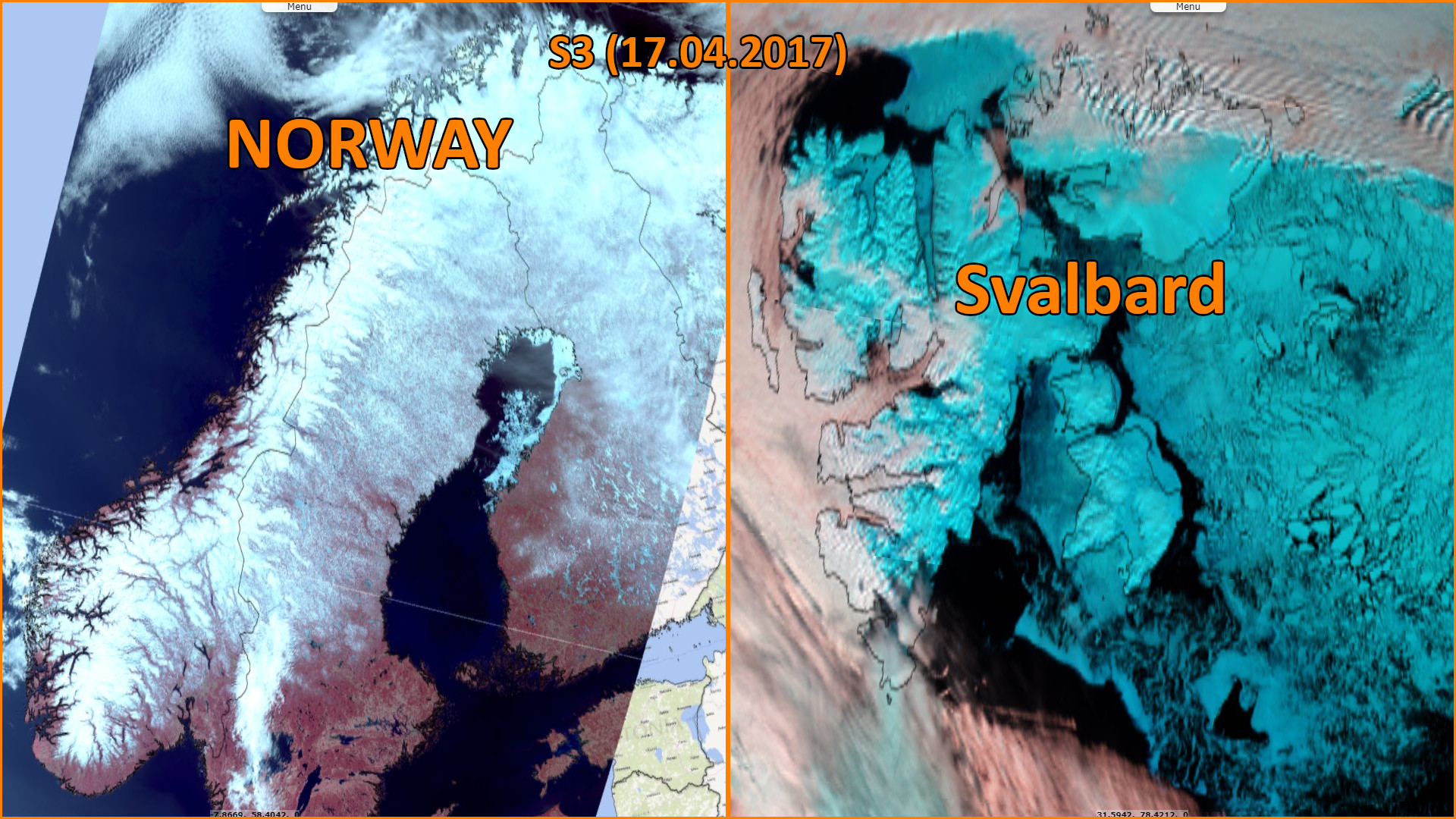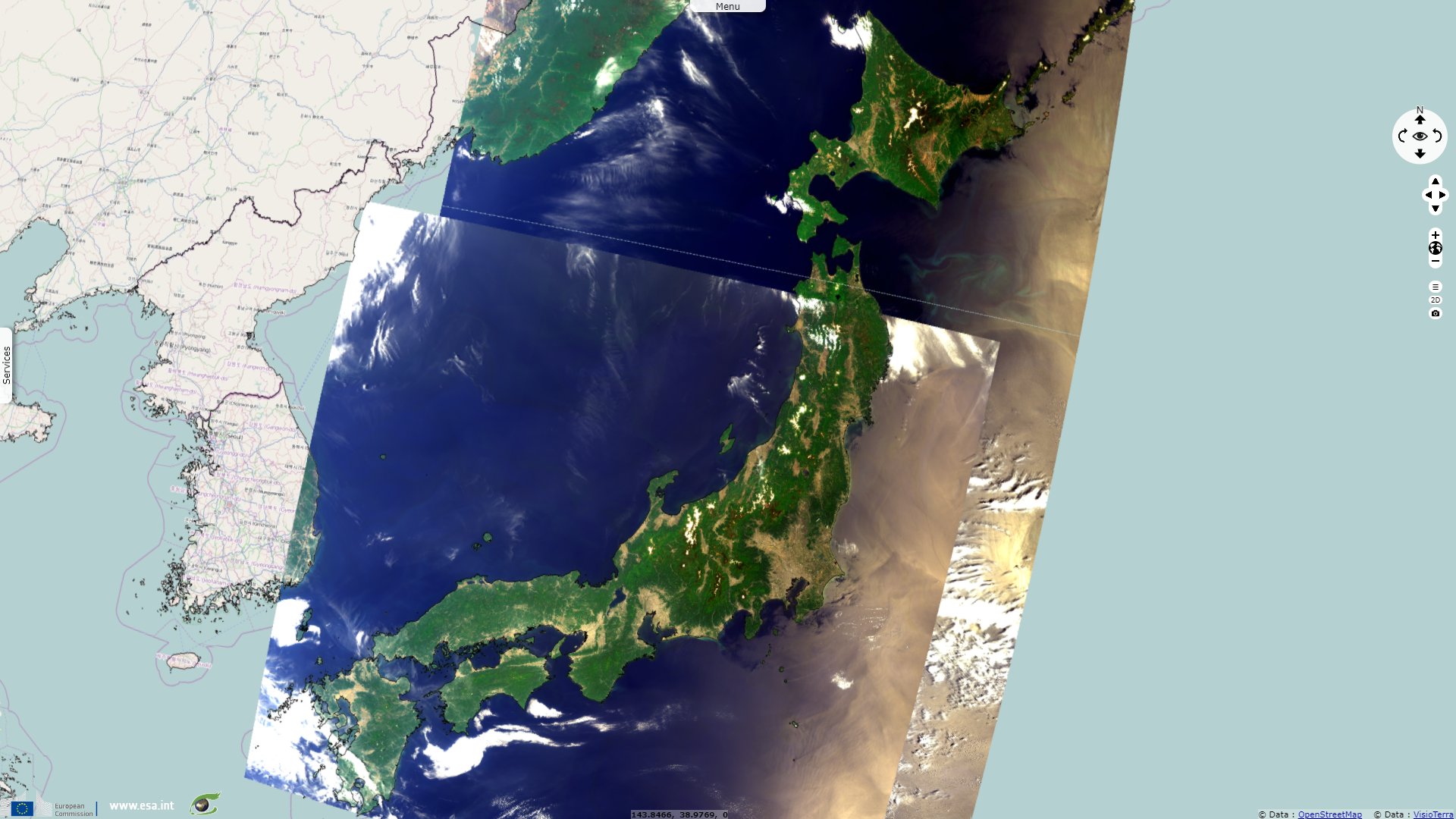Iceland puts whaling on hold
Sentinel-3 OLCI FR acquired on 26 July 2017 at 12:32:44 UTC
Sentinel-3 OLCI FR & SLSTR acquired on 17 April 2019 from 09:35:48to09:41:48 UTC
Sentinel-2 MSI acquired on 27 June 2021 at 11:53:59 UTC
Sentinel-1 CSAR IW acquired on 17 September 2021 from 06:53:10 to 06:53:35 UTC
Sentinel-3 OLCI FR acquired on 25 May 2023 from 00:55:54 to 00:58:54 UTC
Sentinel-3 OLCI FR & SLSTR acquired on 17 April 2019 from 09:35:48to09:41:48 UTC
Sentinel-2 MSI acquired on 27 June 2021 at 11:53:59 UTC
Sentinel-1 CSAR IW acquired on 17 September 2021 from 06:53:10 to 06:53:35 UTC
Sentinel-3 OLCI FR acquired on 25 May 2023 from 00:55:54 to 00:58:54 UTC
Keyword(s): Coastal, biodiversity, health, fishing, hunting, Iceland, Norway, Denmark, Japan
The decision was based on excessive suffering, loss of popular support in Iceland and ensuing lack of profitability of its last whaling company.
The radar image shows ships of Faroese whalers only two days after 1428 Atlantic white-sided dolphins were slaughtered in a single catch. Their flesh is considered too polluted to be eaten, many cetaceans are burnt or sunk afterwards.






